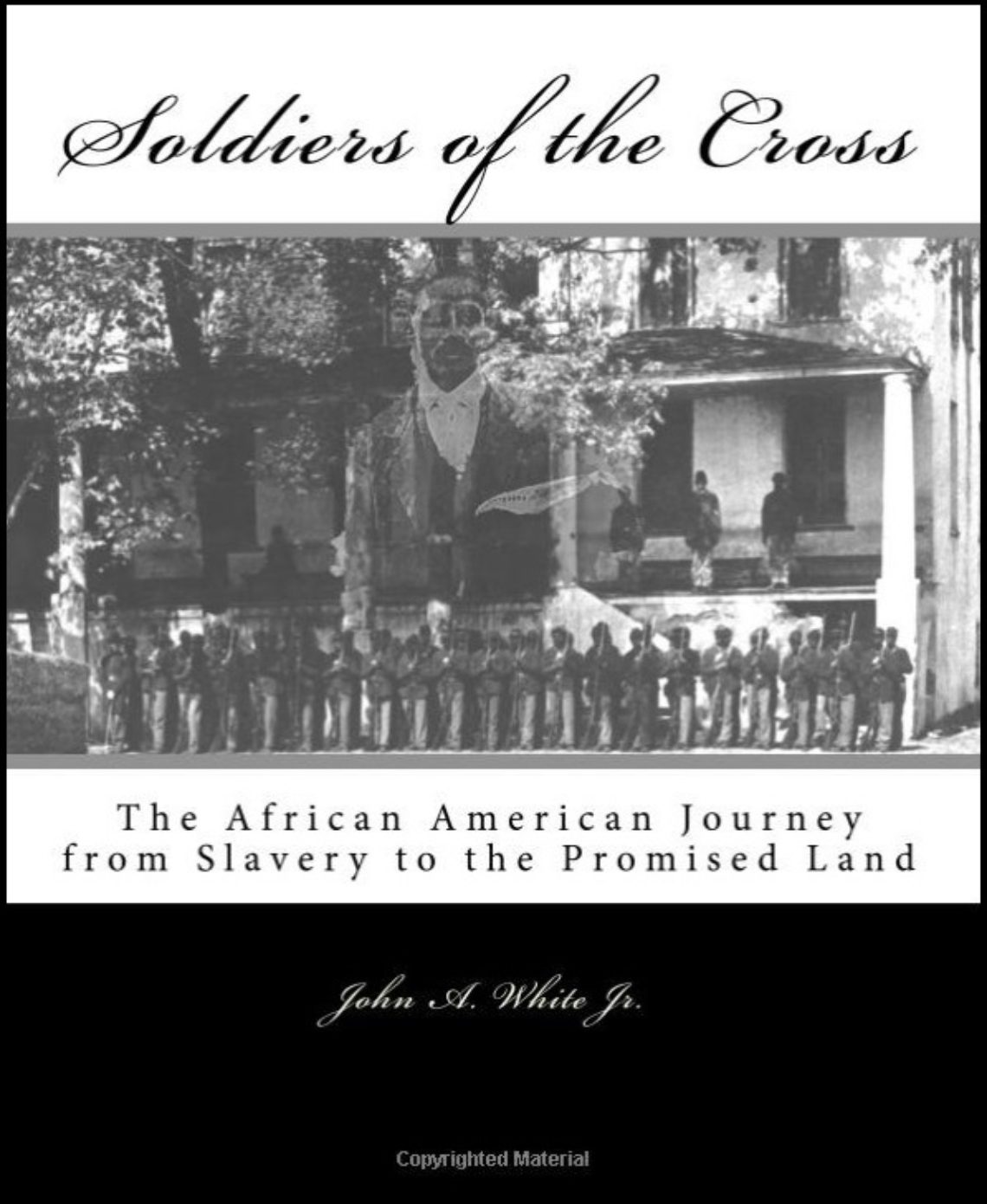
My perspective of African American liberation evolved over a twenty year period. Shortly after the release of the movie Glory over twenty years ago, I researched black Civil War history and slavery. I was shocked by the amount of history in existence that, although readily available, was completely unabsorbed or unowned by African Americans. This perplexed me for many years. An African American once asked me a simple question that I struggled for twenty years to answer. The question was “Why do we need to know the history that you are revealing?” My answer was clear: “Because it is the truth.” But I didn’t feel that my answer was adequate. I was not connecting with the African American community. I felt that it was vital that African Americans learn the truth about their history, but I struggled to explain why and convince my audience that it was necessary. After all, if the history that I revealed was not supported by the NAACP and black leaders such as Jesse Jackson, then why should anyone listen to an engineer who studied black history as a hobby?
Respect for one’s identity can only be taught by learning the correct history. Respect was traditionally won on the battlefield. When one’s history is controlled by another, respect can be lost by hiding or changing history. A poor picture of what we were can negatively impact what we can do in the future.
Malcolm X tried to correct the poor self-image of African Americans by teaching an antiestablishment view of African American history. He discovered, however, that African Americans were skeptical of historical information that came from outside of the establishment. Malcolm X said in his autobiography, “You have to be very careful introducing the truth to the black man, who has never previously heard the truth about himself. The black brother is so brainwashed that he may reject the truth when he first hears it. You have to drop a little bit on him at a time, and wait a while to let that sink in before advancing to the next step.”
African American history and identity as well are based on the premise of victimization. It is hard to argue that slaves were not victims, but it is also easy to conclude they had no self-reliance. That is the problem with being victims: we are not expected to improve our condition or have high expectations. It is these low expectations that haunt African Americans. It is these low expectations that keep people from trying to find the truth of their history and accepting what is given to them.
President Barack Obama does not consider himself to be a victim, and he sees his potential as unlimited. However, Obama has no slave blood in him, a fact that is seldom mentioned. He was raised by white people, and his father was an African. He may have experienced racism, but it did not harm or restrict his identity. It is significant that America’s first black president has no slave blood and appears to not carry the burden of slavery.
It is possible for victims to be transformed to victors, but it requires an act of faith. One must believe that he or she is a victor, although circumstances may suggest otherwise. I have recently become a fan of Joel Osteen. He has a very powerful message and a very large following. He often uses the words “victim” and “victor.” He convinces people that they are not victims but victors, no matter what the circumstances are. Joel believes that God sees all his children as victors; we just need to believe.
I have taught black slavery and Civil War history to a wide range of people, from executives to prisoners and from children to seniors. My determination intensified after I shared this history with two Flint native black history scholars, Dr. George Moss and Katheryn Hunter-Williams. Shortly after discovering this material, I was given an opportunity to share my research with the listening audience of a Flint, Michigan, gospel-music radio station called WFLT. I spoke for over an hour and anticipated feedback from the Flint community. Only one person called the station for more information, a college teacher named Jim Campbell. Jim asked me to speak at his black-history class at Mott Community College, which I was eager to do. I attended Mott College for three years before transferring to the engineering school at the University of Michigan. I was surprised to see that Jim was white and teaching a black-history class. I spoke to Jim’s history class on several occasions for close to two hours each time. I enjoyed speaking to Jim’s captive audience, and he invited me to speak to another captive audience at the Thumb Correctional Facility in Lapeer, Michigan. Jim had been a prison volunteer for some time and had established relationships with many inmates serving there. Jim was not only a teacher in prison, but he was also a friend to the prisoners. He was interested in the lives and well-being of the inmates even after they were released from prison. On several occasions, I met with him for lunch, and a prisoner who had recently been released joined us. That released prisoner remains to be a very dear friend of mine.
